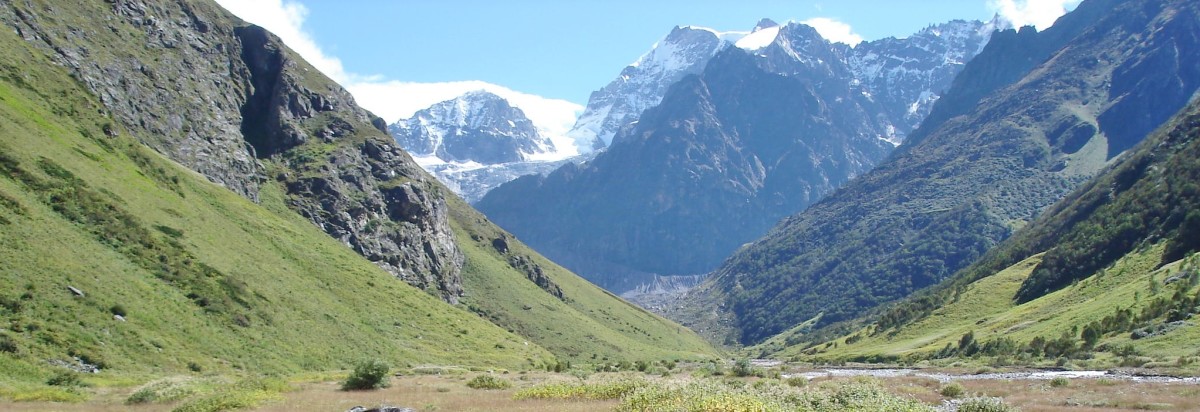FEAR-What is IT, The Imagined, Real, and THE WORST




FEAR...............What and Why IT is
Fear is a component of all of our lives. There is not one person who is not impacted or affected by fear. All of us have trepidation of one kind or another. We also have various levels of apprehension regarding a circumstance, person, and/or situation. Fear serves many purposes. It alerts us to danger and notifies us what to avoid. Our brains also have been hardwired to detect fear from primitive times. If primitive humans were not fearful, they would have been subdued by stronger animal species and become extinct. So fear served a very utilitarian purpose for humankind.
People become fearful in situations where they know that they are the weaker. This is part of the fight or flight response. If we believe that we are not proficient in handling the situation, we become fearful and abandon or it, knowing that we will lose and/or be unsuccessful. No logically thinking person would persist in a situation that is considered to be dangerous or otherwise perilous. To do that would be considered to be foolhardy or worse. The wise person knows that there are situations that he/she is not able to handle or that he/she is not proficient in.
There are many reasons why people exhibit fear. The reasons are as varied as people. There are some who fear the unfamiliar as they are uncertain as to how to react in strange situations and/or to unfamiliar people. Others fear the unknown because it is seen as untried, even risky and/or dangerous. There are people who fear what is not understood. They may feel that they are novices as far as the situation goes and that makes them uneasy. A few fear the uncertain as they do not know where they stand whether it is a situation or person. People fear different situations. What is considered fearful to one person may be a piece of cake to another. What is deemed to be immobilizing fear to one may be a mild level of fear to another.





FEAR...............the Imagined
President Franklin Delano Roosevelt stated in one of his fireside chats during the Great Depression, that there is nothing to fear but fear itself. Whether we acknowledge it or not, many of our fears are imagined. An acronym for fear is false evidence appearing real. Most of our fears are oftentimes exacerbations of situations that we are unsure about. Many people have the habit of negatively assessing a situation before facing the actual situation. Many times, when we are uncertain or unsure about a situation or the outcome, we fear it, imagining the very worst that is about to happen.
An instance of this is an employee who is informed by his/her supervisor that it is imperative that he/she stops by the latter's office to discuss a job situation. The employee, imagining the worst, become highly apprehensive. He/she wonders if his/her supervisor wants to discuss a mistake that he/she made or his/her pre-evaluation. As the saying goes, people tend to fear what they do not know. This employee is fearful regarding his/her work situation because first of all, he/she does not what job situation will be discussed and secondly, he/she does not know the outcome of the situation at hand.
There are people who fear the worst out of what is considered to be strange. Remember the adage, never talk to strangers. Many people have this inculcation imprinted in their subconscious. When they face a strange situation, they imagine that the situation will be dangerous, whether it is or not. The strangeness in their minds make the situation worse that it actually is.
For example, a person is taken to a Thai restaurant. He/she has never had Thai cuisine before or for that matter, any type of Asian cuisine. His/her comfort food is Southern cuisine. That is all he/she knows. To him/her, Thai cuisine is strange; he is fearful regarding the cuisine. He/she is wondering what is the food, how will it taste, and/or if he/she should try it. Since he/she sees that the cuisine is something that he/she has never tried before, he/she has more negative fears about the cuisine.
All in all, people tend to negatively exaggerate feelings when they encounter situations or people they are unsure of and that is thought of as strange. They also tend to exaggerate perceptions of negativity when they have to face new, different, unknown, and unfamiliar situations. Such situations in the minds of many people contain a certain element of risk, even danger. Because of the unknown quality of a situation, even a person, it is considered to be more dangerous or have more negative qualities than in actuality.

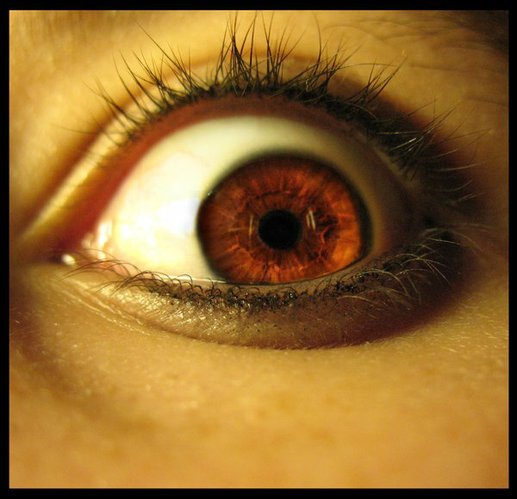
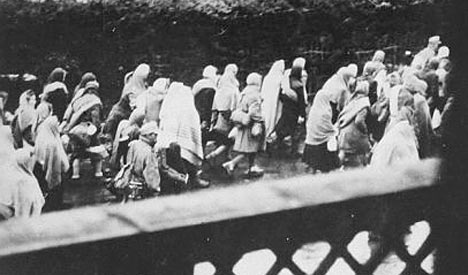
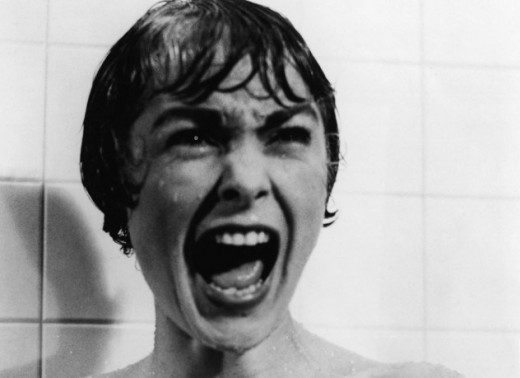

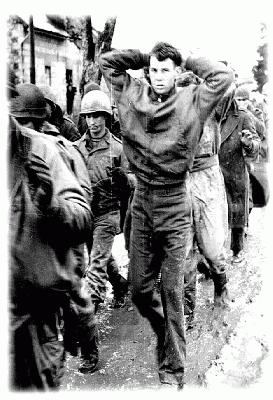
FEAR .............the REAL
There are situations and people where one's fear are real. Many of us fear things that in reality can be quite perilous and extremely dangerous. Even if it has a slight element of danger, humans will fear it. Fear is a response that alerts us to danger, how to assess it, and/or avoid and/or abandon it if need be. It also prompts us when a situation is way over our heads either physically, emotionally, psychically, psychologically, and/or socially.
When people are in perilous and/or dangerous situations, they do not know how to endure or if they can even endure the situation. They become quite fearful, they wonder what should they do. Such examples are people who are imprisoned either through jail and/or interned in concentration camps. They are in very dangerous situations where they are at the total mercy of their guards who can treat the former in any way they see fit. In concentration camps particularly, the guards have the power of life and death over the prisoners. As a result of such a perilous situation, the prisoners are quite fearful of how they will be treated and what will eventually happen to them.
People also will be fearful when they are in life threatening situations. Most people become quite fearful if they know that they about to die, may die, and/or facing death. To many people, death is the great unknown as they do not know what will occur after death. To other people, death represents the physical and conscious end of life. Most people feel that life is better than death. In the living state, they are aware whereas in death, there are those who feel that everything disappears and there is no more existence.
Besides fearing physical death, people fear life threatening situations because if they do not die, they may become physically maimed,being a semblance of their former selves. People do not want to be maimed or otherwise incapacitated. That often means losing one's independence and being dependent upon others for their care. People want to be physically in charge of their lives and if they become maimed or otherwise physically incapacitated, they no longer be fully in charge of their lives.
Soldiers are constantly in life threatening situations. They feel fear on a continuous basis although they do not outwardly show it. When a soldier goes into battle, he is uncertain if he is going to survive and/or live one more day. Besides death, he can face physical or even psychological impairment. He also faces possible capture and imprisonment which is even more harrowing than what he faces in actual battle. In prison camps, he has to fight against brainwashing, indoctrination, and/or other forms of heinous tortures, even death at the hands of the enemy guards.
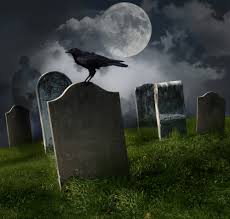
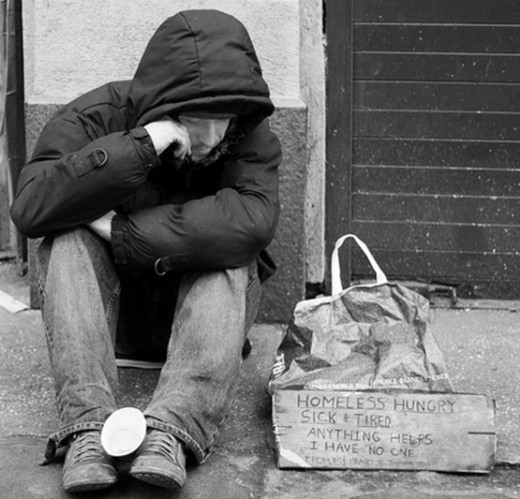
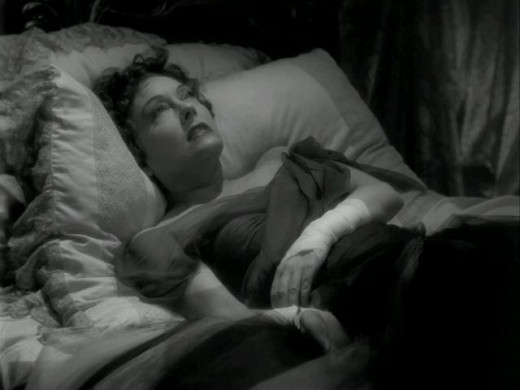
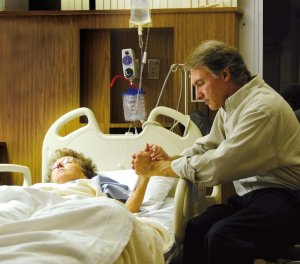
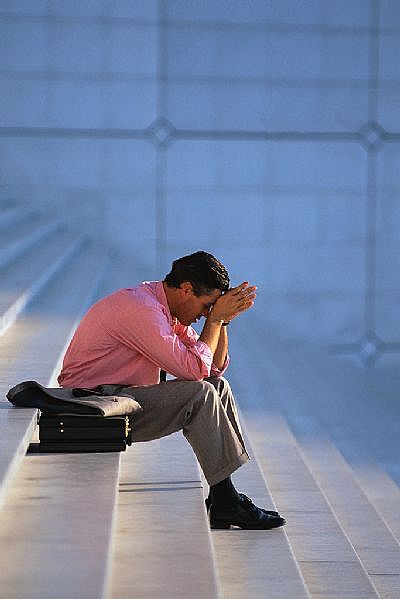
FEAR.............the WORST
People have differing perspectives as to what is their worst fear. What is the worst fear for one person may not be the worst fear for another. Although there are varied opinions and perceptions as to what is the worst fear, many people are in agreement as to what are the worst fears.
Many people's worst fear is death. Death, to many, is the big,grand and great unknown. Besides being unknown, death is the big mystery. One does not know what occurs after death. For other people, death is fear because of the fear of a quite negative afterlife. Some people are quite apprehensive of death because they fear that they are going to hell as they have led, in their eyes, an imperfect life. Other people feel death because it is the complete cessation of all life and sensations. They feel that consciousness and sensations as well as the physical body is no more after death.
There are people whose worst fear is financial penury. Being impoverished is the worst thing for many people as they have little or no money to meet even their basic and rudimentary needs. When one is impoverished or near it, there is a struggle to pay the basic bills and to provide food, clothing, and shelter. Sometimes, impoverishment can be so bad that one falls through the economic cracks, being homeless and really living from hour to hour. Homeless people are considered by many to be the very bottom of the bottom. It is the very worst situation a person can be in.
For others, the worst fear is aging and its further incapacitation physically and mentally. Many people see aging as losing their physical attractiveness and even their mental alertness. Aging is seen by many people to be a slow and lingering decay and/or death. As one becomes older, one is not what he/she used to be. What can be easily done when one is younger, it takes longer to do the same task. Also when one advances in age, oftentimes he/she can no longer do things independently and have to recourse but to depend upon others to do it for them. In essence, aging is one of the worst fears in that people lose power and ownership over their lives and others have power and ownership over them.
People's worst fear is becoming so sick as to become disabled or otherwise incapacitated. When one becomes disabled or otherwise incapacitated, one has to depend upon others to do things for them, even the simplest things. Most people want to be physically healthy which translates into being fully functioning and independent, being able to do for themselves. If one has an illness which results in being disabled or incapacitated, one's health is so impaired that independence is no longer a reality nor possible.
A few people's worst fear is being terminated from a job, especially if it through fault of their own and for a major offense. Although there is less stigma surrounding being terminated from a job, it is still perceived quite negatively. Many terminated employees have a difficult time finding employment for they are considered to be either failures and/or damaged goods. In addition to that, when one is terminated, he/she can be in a precarious financial situation depending if he/she has savings and/or investments to carry him/her through until another job is found. Many unemployed people without savings and/or investments have an extremely difficult time financially, some even fall through the financial cracks become impoverished and/or homeless.
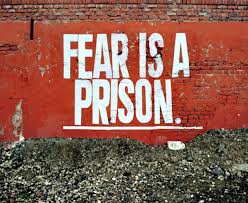
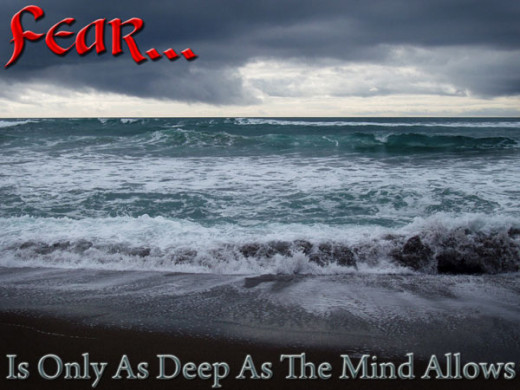
Conclusion
Fear is an integral part of the human condition. Fear alerts us to when a situation, thing, and/or person is dangerous as to avoid possible harm. Each person has a different perception of fear and the reasons for that fear. However, much fear is imagined. People tend to negatively exaggerate their feelings when a situation, thing, and/or person is untried, uncertain, and unknown. This is because there is a higher level of risk and possible danger; however, such risk and danger are more fantastical than real.
However, there is real fear, especially in situations that are life threatening and highly dangerous. People, at the face of death and other high levels of jeopardy, become quite apprehensive regarding their particular situation because they are put in a life or death situation. Also, people have their worst fears. Worst fears include aging, being so ill that one becomes incapacitated, financial penury, and being terminated from a job.
© 2013 Grace Marguerite Williams


